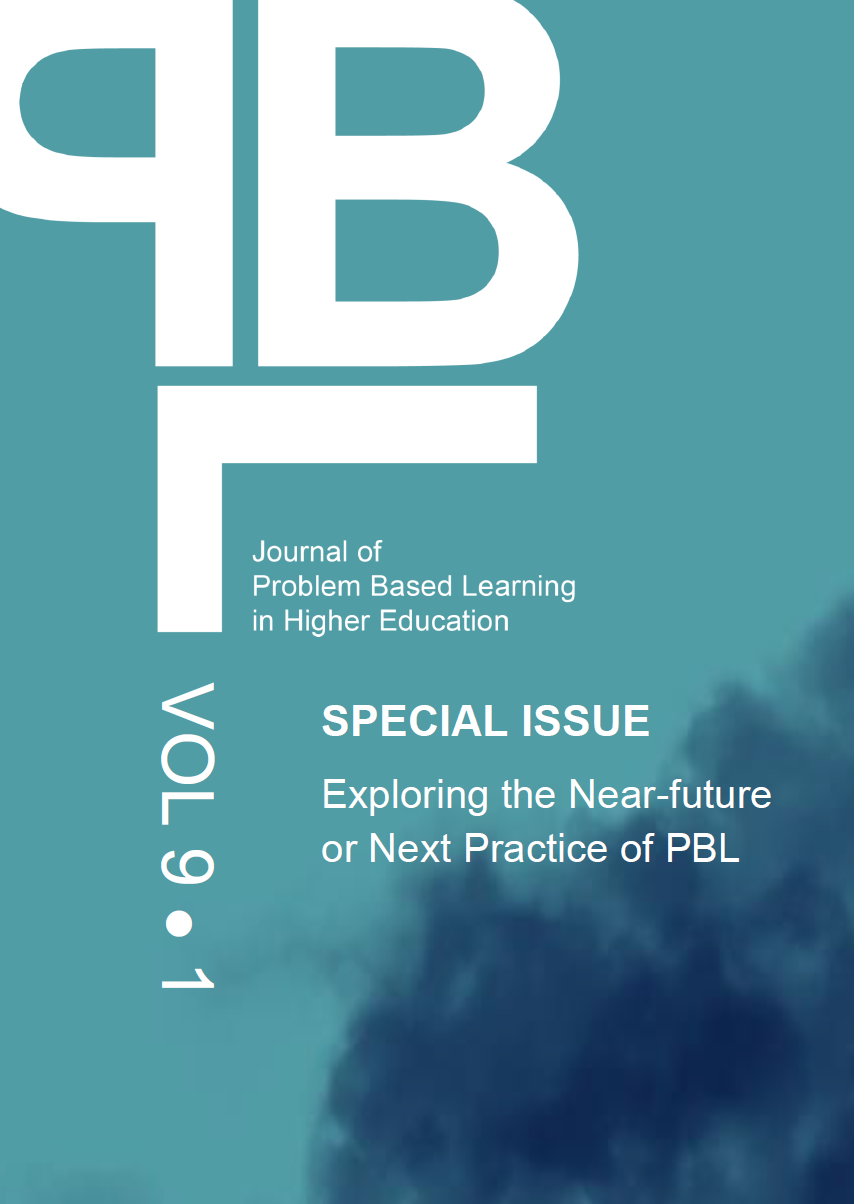Abstract
Hybrid courses with a focus on practice-orientated education and self-guided learning phases are on the rise on the higher education sector. Disciplines in Life Sciences implicate a high degree of practical laboratory expertise. The University of Applied Sciences (UAS) in Vienna, Austria, has thus been endeavoured offering students a high qualitative education integrating hybrid courses based on PBL principles, which consist of on-site (including the transmission of necessary background and practical laboratory training) and off-site (including self-study phases) sessions. As practical laboratory units are central in those courses, the restrictive measures, including the transition to a complete online teaching format due to the first Covid-19-pandemic lock-down, had severe effects on the implementation and the quality of the curriculum. According to surveys made specifically to address this problematic situation, it can be concluded that on-site practical units are fundamental for certain disciplines such as Life Sciences.
Articles published in Journal of Problem Based Learning in Higher Education are following the license Creative Commons Attribution 4.0 (CC-BY)
Authors retain copyright and grant the journal right of first publication with the work simultaneously licensed under a Creative Commons Attribution 4.0 International License (CC-BY). Further information about Creative Commons
